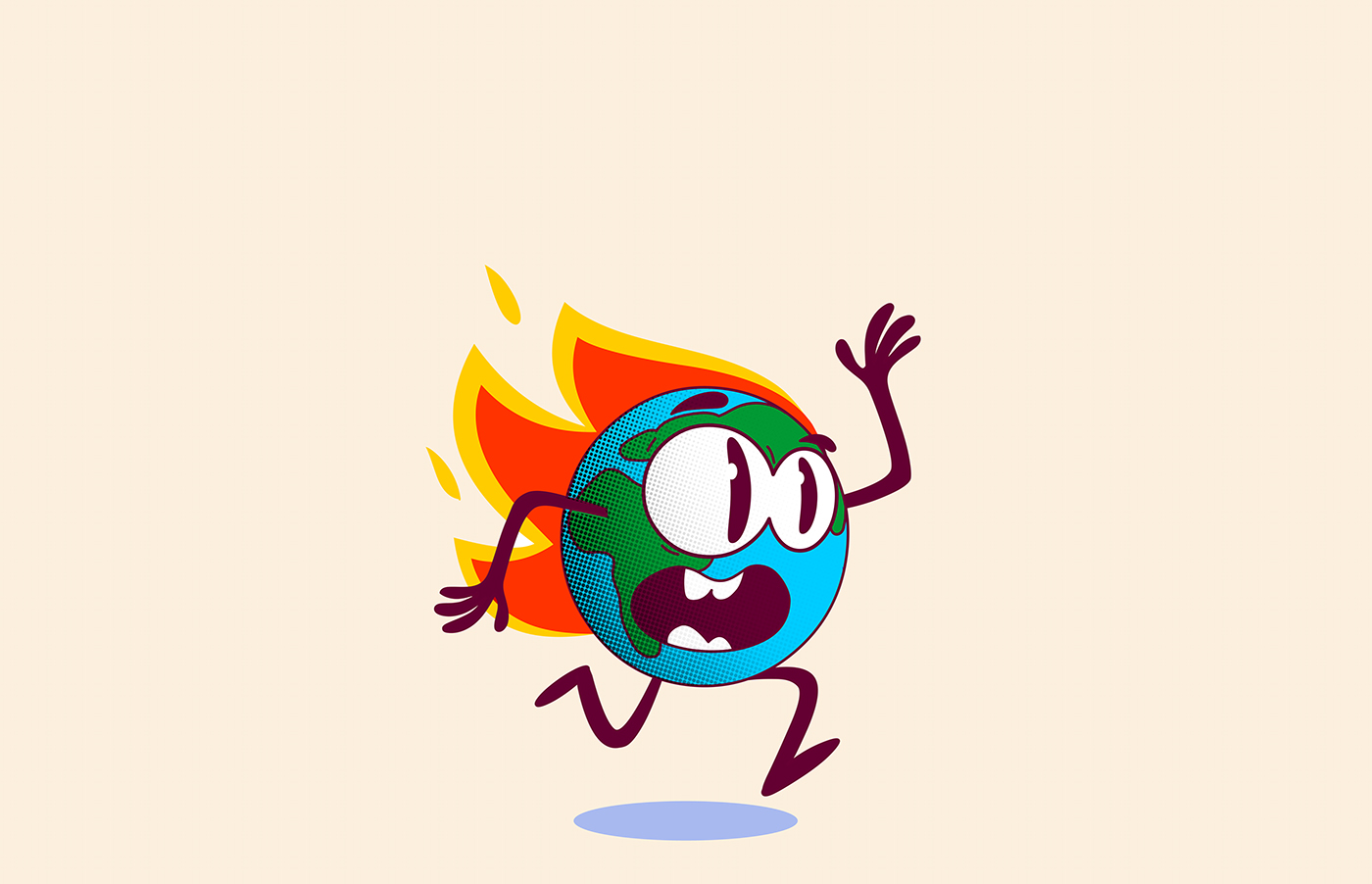
On Earth, human activities are changing the natural greenhouse. Over the last century the burning of fossil fuels like coal and oil has increased the concentration of atmospheric carbon dioxide (CO2). This happens because the coal or oil burning process combines carbon with oxygen in the air to make CO2. To a lesser extent, the clearing of land for agriculture, industry, and other human activities has increased concentrations of greenhouse gases.

On average, Earth will become warmer. Some regions may welcome warmer temperatures, but others may not.Warmer conditions will probably lead to more evaporation and precipitation overall, but individual regions will vary, some becoming wetter and others dryer.

A stronger greenhouse effect will warm the oceans and partially melt glaciers and other ice, increasing sea level. Ocean water also will expand if it warms, contributing further to sea level rise.
some crops and other plants may respond favorably to increased atmospheric CO2, growing more vigorously and using water more efficiently. At the same time, higher temperatures and shifting climate patterns may change the areas where crops grow best and affect the makeup of natural plant communities.

Global warming will destroy life on Earth in the end: not just human life, but all life on the planet's surface, including in the seas. A billion or two years from now, long before the Sun becomes a red giant and starts fusing helium, the temperatures on our world will rise too high for plants, animals or any creatures we know to survive. Perhaps we're incredibly fortunate that life took the path it did to lead to us; if the Cambrian explosion or the workings of biological evolution were just a little bit slower, intelligent life like us may have never had the time to arise.





